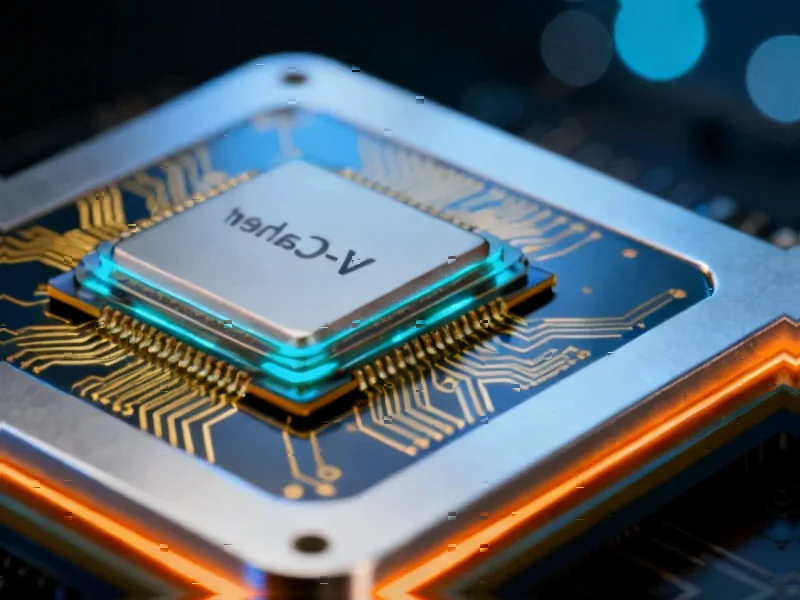According to HotHardware, AMD is facing a patent infringement lawsuit from Adeia, a company founded in 2022 that was originally the IP licensing arm of Xperi. The lawsuit targets AMD’s 3D V-Cache technology used in Ryzen X3D processors, specifically alleging violation of ten patents related to chip stacking and hybrid bonding. Adeia previously settled with NVIDIA in 2023 and has ongoing litigation against The Walt Disney Company. The company has also targeted Samsung, Broadcom, Comcast, Netflix, and various Canadian telecom businesses despite producing no actual products itself. This legal action follows Adeia’s established pattern of pursuing technology companies over broadly-defined patents.
<h2 id="patent-troll-playbook”>The patent troll playbook
Here’s the thing about Adeia – they’re what we used to call patent trolls, though now they’re politely referred to as “Non-Practicing Entities.” They don’t make anything. They don’t sell products. They basically sit on a portfolio of broadly-defined patents and wait for companies to actually build useful technology that might vaguely relate to their IP. Then they sue.
And it works because the U.S. patent system is completely broken when it comes to technology. These cases almost always settle out of court because fighting them is expensive and uncertain. Look at what happened with NVIDIA – they settled in 2023. Disney’s still fighting. Now it’s AMD’s turn.
Why AMD, why now?
So why target AMD specifically over 3D V-Cache? Well, AMD’s X3D processors have been incredibly successful, giving them a real competitive edge in gaming and content creation markets. That means there’s real money on the table. But there’s another strategic reason too.
Adeia is suing AMD rather than TSMC, who actually manufactures the chips. That’s classic patent troll strategy. Suing the foundry would be jurisdictionally messy, and the damages are much bigger when you look at final product sales versus manufacturing fees. Plus, if AMD loses, it sets a precedent that could affect every TSMC customer using similar technology. Basically, they’re suing TSMC indirectly through their biggest customer.
What happens next?
Realistically? AMD will probably settle. The company’s leadership has decades of experience at this exact game – extracting payments from companies that actually build things. Proving patents invalid is incredibly difficult, especially when you’re up against specialists who’ve crafted their portfolio specifically for litigation.
Paul E. Davis, Adeia’s CEO, gave the usual corporate speak about “protecting Adeia’s inventions” and being “open to reaching a fair and reasonable arrangement.” Translation: we want our check, and we’re confident we’ll get it.
The sad truth is this system rewards companies that don’t innovate rather than those who do. AMD actually built revolutionary 3D chip stacking technology that benefits consumers. Adeia built a legal strategy to profit from it. Which one sounds more valuable to you?




